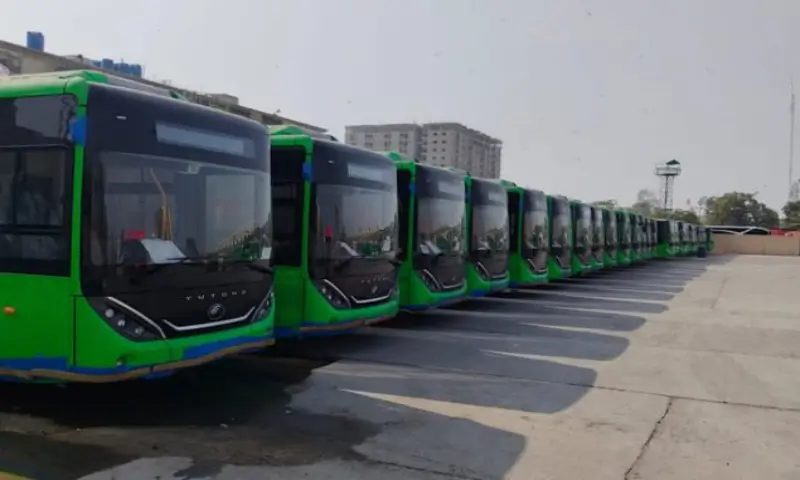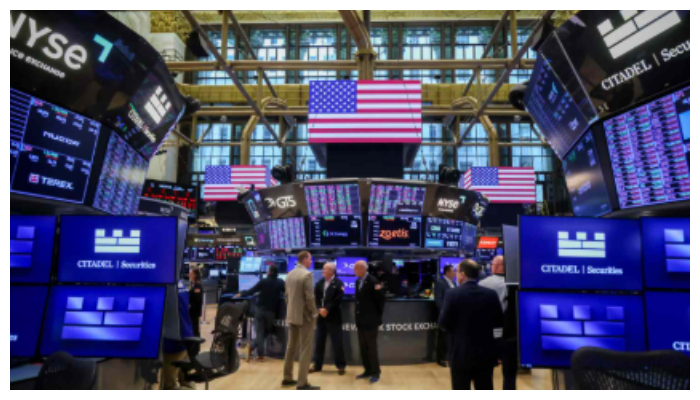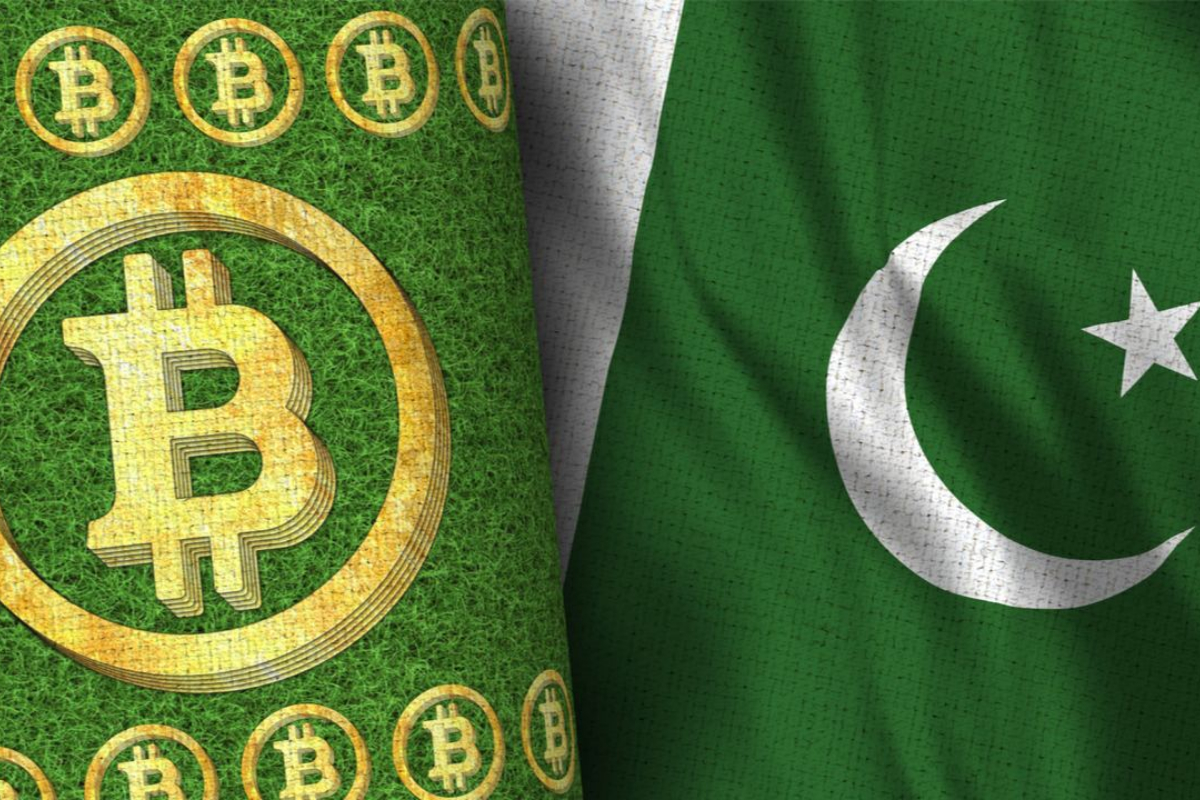Venezuela’s administration is looking for private financial backers to siphon assets into essential yet disabled state-run organizations, many years subsequent to holding onto them for the sake of communism.
Venezuela’s administration is looking for private financial backers to siphon assets into fundamental however disabled state-run organizations, many years subsequent to holding onto them for the sake of communism.
The public authority on Monday means to offer 5% to 10% stakes in organizations going from phone and web access suppliers to a petrochemical maker
In another country, those businesses may be appealing focuses for financial backers, however questions stay concerning who might be willing or ready to take a minority position in the Venezuelan organizations that have experienced long stretches of disregard and blunder.
Adding to the secret is absence of subtleties given by the public authority about the deal, including what value it is looking for shares in the organizations and on what financial exchange they may be recorded.
Some are guessing the move could be an initial move toward returning the organizations to private hands.
“We really want capital for the improvement of every public organization,” Maduro said during a broadcast occasion Wednesday.
“We really want innovation. We really want new business sectors, and we will push ahead.”
It’s an obvious takeoff from Maduro’s ancestor, the late President Hugo Chávez, who nationalized many organizations in his bid to change the South American country into a communist state.
Among the organizations Maduro referenced are CANTV and its auxiliary Movilnet, petrochemical maker Petroquimica de Venezuela and an aggregate centered in the mining area.
Premium, notwithstanding, might be restricted to financial backers with binds to the public authority or those with a hunger for risk.
The nation is still under monetary assents forced by the U.S. furthermore, different nations that keep financial backers from having the option to pipe cash to Venezuela’s state-claimed organizations.
Furthermore, the rates Maduro reported wouldn’t give private financial backers dynamic powers to embrace truly necessary changes inside the organizations.
When the new century rolled over, Chávez did a progression of takeovers in the power, media communications, flammable gas and oil areas. Yet, the public authority made least interests in a portion of these organizations, which have left them offering unsatisfactory types of assistance.
Days-long blackouts are normal the nation over.
A large number of families either don’t approach water or the assistance is irregular. Web and telephone administrations are lacking.
Government allies and rivals the same gripe about unfortunate essential administrations the nation over regardless of whether a political race isn’t drawing closer.
However, business analysts bring up that Venezuela’s administration needs to work on a portion of those administrations regardless of whether it is somewhat in front of the 2024 official political race.
“We are most likely seeing a change in perspective that is to a great extent constrained by the conditions yet additionally generally powered by political endurance,” Luis Prato, senior financial specialist with the firm Torino Capital.
“Since June 2014, with this huge drop in oil costs, the Maduro organization started to see a drop in oil incomes.
Then, at that point, we went through a period from 2014 to 2019 of cost controls, of a really interceding state.”
Yet, as the state lost the capacity to produce riches and development, Prato said, ”it started to account for cooperation of the private area.”
Venezuela is still under an extended social, financial and helpful emergency credited to falling oil costs, monetary assents and twenty years of blunder by communist state run administrations.
However, the public authority has done whatever it may take to let some free from the monetary tensions, including by surrendering its long and muddled endeavors to confine exchanges in U.S. dollars for the nearby bolivar, whose worth has been destroyed by expansion.
A few portions of CANTV have long exchanged on the Stock Exchange of Caracas, the country’s most seasoned trade.
Maduro during the current week’s declaration said the state-claimed organizations would be recorded in the country’s “different stock trades” without determining.
In any case, by Friday, Gustavo Pulido, leader of the Stock Exchange of Caracas, had not gotten any data of the arranged stock deals. He said the interaction to enlist different organizations and ultimately show them is extensive and requires the exposure of monetary reports.
“It takes as long as you need to take to make the position effective. I was unable to let you know a specific time,” Pulido said, including that a contribution the Stock Exchange of Caracas couldn’t be organized by Monday.
The public authority laid out its own trade in 2010. An administration representative didn’t answer a solicitation for input from The Associated Press in regards to the trades it plans to utilize.
Prato said the public authority is probably going to involve its own trade or a different computerized framework for the present yet that it would have restricted results.
Henkel Garcia, head of the Caracas-based firm Econometrica, said the organizations require huge speculations to work on the nature of their administrations, which were greatly improved before they were nationalized.
In any case, he cautioned that the nation misses the mark on instrument to direct the bookkeeping and monetary detailing techniques of the organizations, making it difficult to ensure the private interest in the state organizations would be fittingly spent.
That missing part, he said, makes a situation like post-Soviet changes in which countless state-possessed organizations were privatized.
“Assuming this truly is the start of the all out deal or the all out giving over of these organizations, which for me is a plausible situation, one would need to ask to whom they would be given over in light of the fact that we have episodes like the Russian one, in which these organizations that once had a place with the state wound up in the possession of individuals who were near the public authority,” Henkel said.
“Along these lines, it is an intricate peculiarity that one could say makes the way for something positive, however with the institutional shortcoming that we have and with the absence of trustworthy arbitrators, indeed, it probably won’t end in the most effective way.”





















